Full of life and highly active always eager to tag along with their owner

Miniature Schnauzer Spotlight
- Descended from the Standard Schnauzer
- High in popularity
- Loyal, affectionate lap dogs
- Breed name stems from the German word for muzzle
- Great companion for apartment dwellers
- Easy to train
- High exercise needs
- Obedient & sociable
History
The Miniature Schnauzer descended from the Standard Schnauzer, which was initially bred for the purpose of hunting rats and guarding farmland. The Miniature Schnauzer was developed in Germany when farmers wanted a more compact version of the Standard Schnauzer that would be better suited for hunting rats.
The Standard Schnauzer was crossed with both the Affenpinscher and the Miniature Poodle, and the Miniature Schnauzer as we know it today was the result of those crosses. The breed is fairly new compared to other breeds. The first recorded instance of a Miniature Schnauzer dates back only to 1888.
Although the Standard Schnauzer from which the breed developed belongs to the working group, the Miniature Schnauzer is actually considered to be a terrier. The breed name derives from the term “Schnauze,” which is the German word for muzzle.
Miniature Schnauzers saw a significant increase in popularity after World War I and they have maintained this popularity ever since. Miniature Schnauzers once appeared in a multitude of colors but can now be found almost exclusively in black and silver. The breed received American Kennel Club recognition in 1926 and is currently ranked as the 16th most popular dog breed on the AKC’s list.
Personality & Temperament
Miniature Schnauzers are affectionate and lively little dogs. They are very much lap dogs and will always want to be as close to their families as possible and are known to follow their owners from room to room and to always want to be on someone’s lap rather than in their own bed. Miniature Schnauzers are smart, obedient dogs and therefore love to learn and are easy to train.
They make excellent watchdogs and will most certainly alert their owners if someone is at the door or if they hear an unusual sound outside. However, unlike the yappy bark that is characteristic of most other small dog breeds, the bark of a Miniature Schnauzer is much more similar to a howl.They are highly adaptable and are a great breed of choice for those who live in an apartment.
Like any other breed of similar size, Miniature Schnauzers are prone to developing small dog syndrome if their owners are not firm, confident leaders.
This is especially true for Miniature Schnauzers because they are terriers, meaning they are known for their overly confident and sometimes stubborn attitudes. Unlike some other terriers, however, properly trained and socialized Miniature Schnauzers are not overwhelmingly feisty or aggressive toward other dogs.
Appearance & Grooming
The compact Miniature Schnauzer stands between twelve and fourteen inches tall at its shoulder and weighs anywhere from eleven to twenty pounds when it is fully grown. The head is much longer than it is wide and distinctively extends from the neck.
The small, oval-shaped eyes are dark brown in color and give the dog a particular expression for which Miniature Schnauzers are known. The tail stands erect and is docked to stand just above the dog’s backline. The coat consists of a thick, compact bottom layer and a coarse top layer. A coat that is too soft or smooth is considered to be a fault according to the breed standard.
The medium-length double coat of a Miniature Schnauzer requires regular brushing with the recommended frequency being two or three times per week. They do not shed much at all but the regular brushing is nonetheless important in order to prevent the coat from matting.
Their teeth should be brushed multiple times per week to prevent tartar buildup which can lead to dental problems. Their nails need to be trimmed every two to four weeks to prevent floors, furniture and people from accidentally getting scratched. Their ears can become infected if they are not given proper attention, so owners should be sure to check and clean their dog’s ears once per week.
Health
- Progressive retinal atrophy (PRA) is a cluster of diseases that impact the retina. The diseases cause the cells in the retina, which is located in the rear portion of the eye, to become abnormal. Most cases of PRA result in a complete loss of vision. This group of diseases is genetic, meaning they it is passed down, so not all Miniature Schnauzers are at risk. Veterinarians recommend that breeding dogs receive annual eye exams to determine if they are carriers of the gene associated with PRA.
- Myotonia congenita is a hereditary skeletomuscular disorder that has only recently been discovered in Miniature Schnauzers. Similar to muscular dystrophy, this disorder can begin to show in puppies as young as a few weeks old. It causes their muscles to contract and can make simple endeavors like standing up, walking and running painful and challenging.
- von Willebrand disease (vWD) can occur in Miniature Schnauzers and other breeds, and it can also occur in people. It is a hereditary bleeding disorder and those with vWD are susceptible to nosebleeds are at risk of uncontrolled bleeding after experiencing trauma or having a surgical procedure done.
- Urinary stones are somewhat common in Miniature Schnauzers and can cause dogs to have difficulty urinating or even to pass blood in their urine. Urinary stones can vary in size and are painful for dogs to pass. A veterinarian should always be consulted if a dog exhibits any signs of urinary stones or other bladder issues.
Exercise & Care
Miniature Schnauzers have a considerable amount of energy for their small size and need long daily walks and frequent playtime in order to remain happy and healthy. Leashed walks can be difficult at first as Miniature Schnauzers think they are the boss and will want to be in the lead, but firm and consistent training will fix these habits.
Other than the occasional time they spend exercising outdoors under their owner’s supervision, Miniature Schnauzers prefer a clean, comfortable indoor environment and should never be expected to sleep or live outdoors.
Each individual dog will have varying nutritional needs so be sure to work closely with your breeder and veterinarian to determine a feeding routine and a type of food that works best for your dog. Beware of overfeeding Miniature Schnauzers as they are susceptible to excess weight gain.
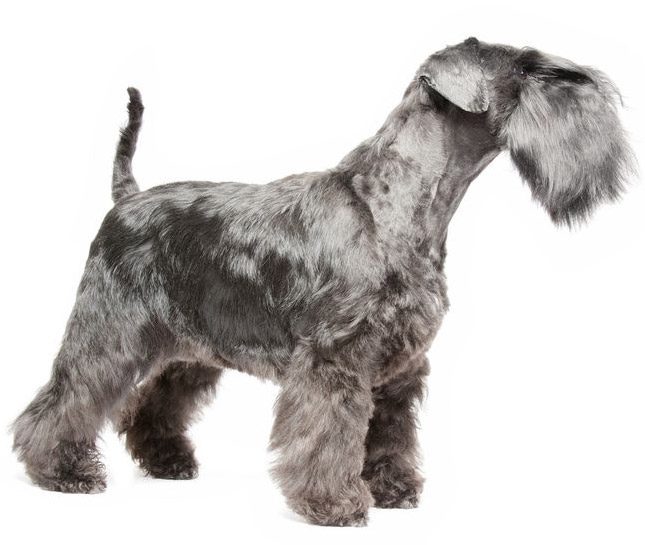
 Germany
Germany
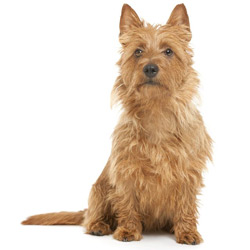
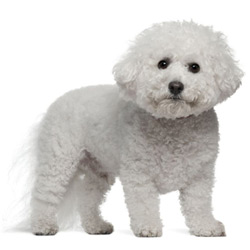
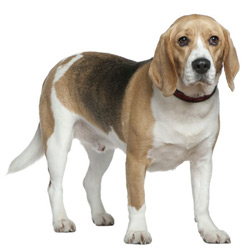
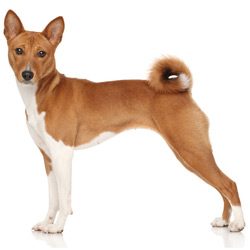
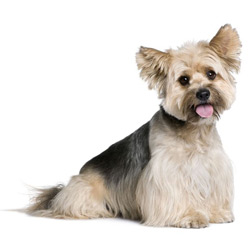
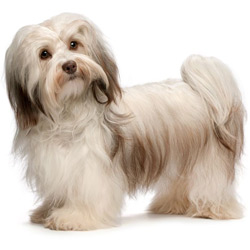
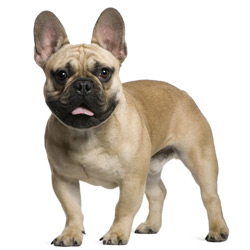
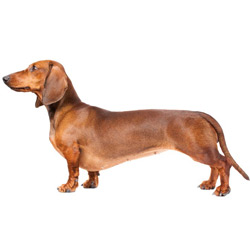
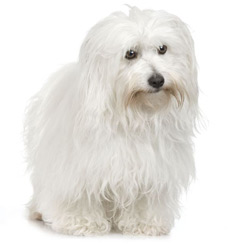
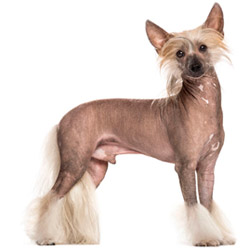
What do you think?